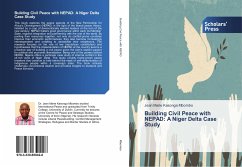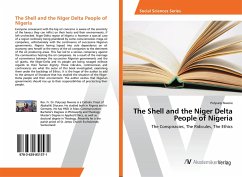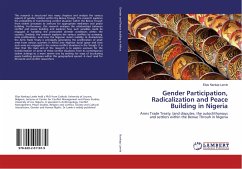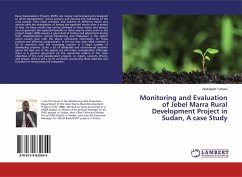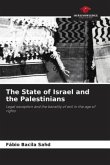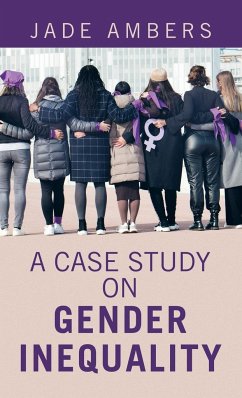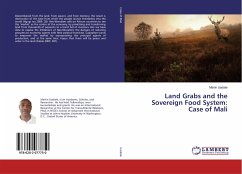This study explores the peace agenda of the New Partnership for Africa's Development (NEPAD) in the light of the liberal peace theory. Initiated by a crop of democratically elected leaders at the turn of the new century, NEPAD fosters good governance within each AU Member State, regional integration and partnership with the rest of the world. By pooling their resources together, not only do conflict-prone countries improve their economic performances, they also become increasingly interdependent and unwilling to destabilize their neighbours. The research focuses on the rule of law (republican constitution) and hypothesizes that the implementation of NEPAD at the country level is a proactive way of building a civil peace given the plan's explicit support for political and economic liberalization. Being one of the powers behind NEPAD, Nigeria offers a particular case study of internal conflict in the oil-rich zone of Niger Delta. The study unveils home-grown peace breakers that continue to hide behind the mask of self-determination of indigenous people within a sovereign state. The book critically challenges conventional wisdom and provides insights to students and Peace scholars.

